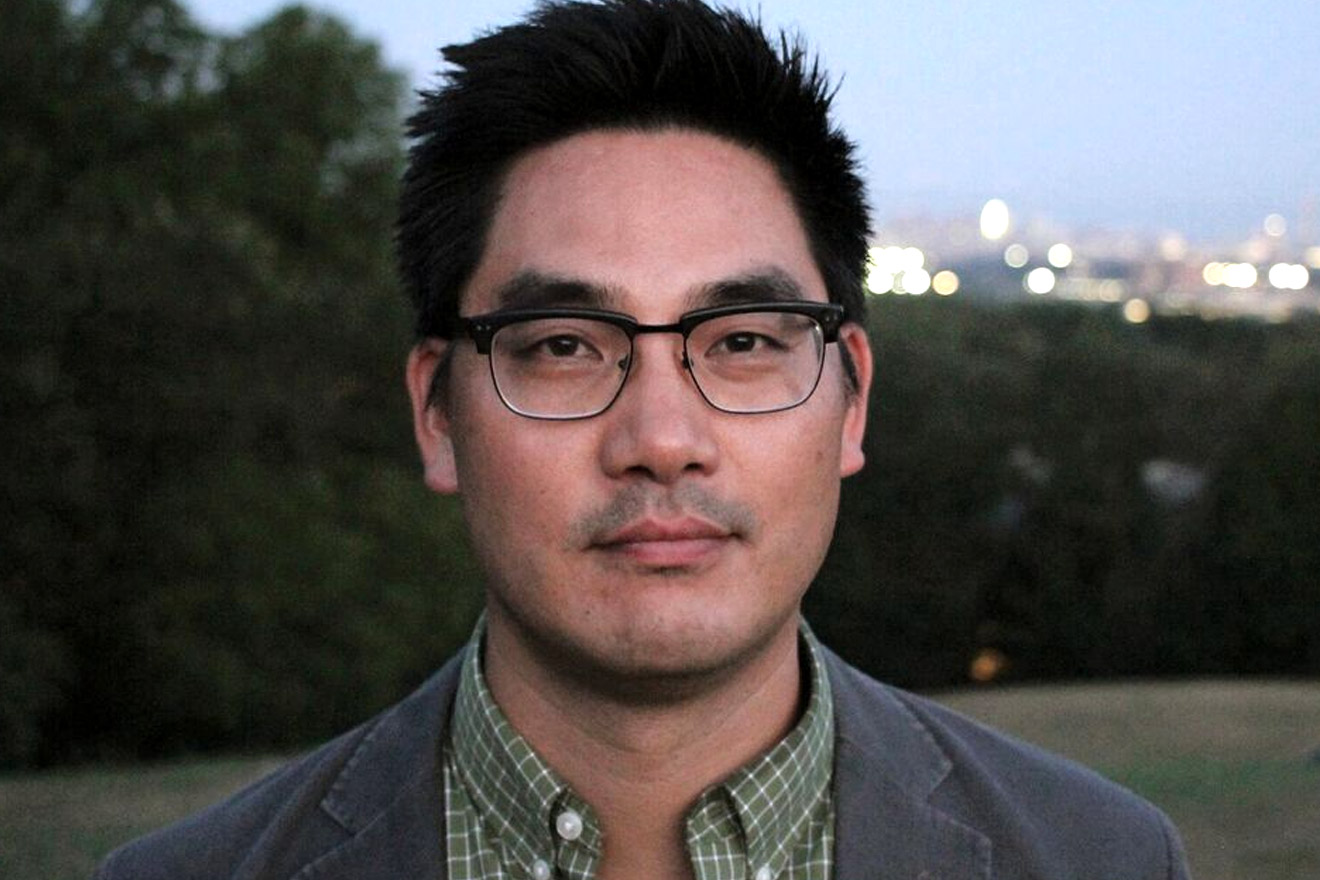
When David Hsu taught his first class at MIT two years ago, he was struck by the curiosity and enthusiasm of his students. Since then, he’s made interacting with and supporting students a top priority. In fall 2017, Hsu, an assistant professor in MIT’s Department of Urban Studies and Planning, became chair of the Energy Minor Oversight Committee, which guides curriculum development and the creation of educational programs associated with the Energy Studies Minor.
Designed by MITEI, the minor is an undergraduate course of study that encourages students from any department within MIT to expand their knowledge of energy issues across a range of fields, from science and engineering to policy to the humanities.
This year, several changes are on the horizon for the minor. For example, Hsu and his colleagues on the oversight committee are working to make the curriculum more flexible, so that students can take key classes in either the fall or the spring. Another change is an increase in the number of advisors from one in each core area of the minor (science, engineering, and social science) to one in each academic department. Hsu acknowledges that “one of the challenges in the past was making students aware of the classes that are available to them as well as the classes they need to take.” These department advisors are a “helpful go-to resource” for students and can provide answers to such questions.
In light of climate change and the current political situation, Hsu believes it is more important than ever for students to study energy. “The issue of climate change is moving quickly, and the interest amongst students is not going away,” says Hsu. The popularity of classes within the energy minor that focus on climate change continues to grow. And the increasing number of jobs in energy, especially in the renewables sector, makes energy an attractive field of study for students.
Hsu emphasizes the long-term benefits of building a network of fellow energy researchers while at MIT. Within the energy minor, there are cohort-building activities throughout the year, including special events in the Undergraduate Energy Commons. Hsu also cites exciting opportunities outside the minor, among them MITEI’s Solar Spring Break, a volunteer program in which students spend a week installing solar panels on the home of a low-income family in Los Angeles, California.
Energy is a technical, social, and cultural problem, so tackling it requires a diverse group of people and ideas.
David Hsu
Since joining the MIT community, Hsu has gained a deep appreciation for the Institute and its emphasis on collabora-tion between faculty and students. “What is really exciting for students, Energy Studies Minor students in particular, is the opportunity to work with people from across the disciplines,” he says. Hsu, who comes from both a natural and social science background, especially appreciates the wide range of classes available within the minor, which allows students to explore and combine their interests, from economics to technology to policy. He says, “Energy is a technical, social, and cultural problem, so tackling it requires a diverse group of people and ideas.”
Energy Studies Minor Oversight Committee, September 2017
David Hsu, Chair
Urban Studies and Planning
William Green
Chemical Engineering
Bradford Hager
Earth, Atmospheric, and Planetary Sciences
Robert Jaffe
Physics
Christopher Knittel
Sloan School of Management
Rajeev Ram
Electrical Engineering and Computer Science
This article appears in the Autumn 2017 issue of Energy Futures.